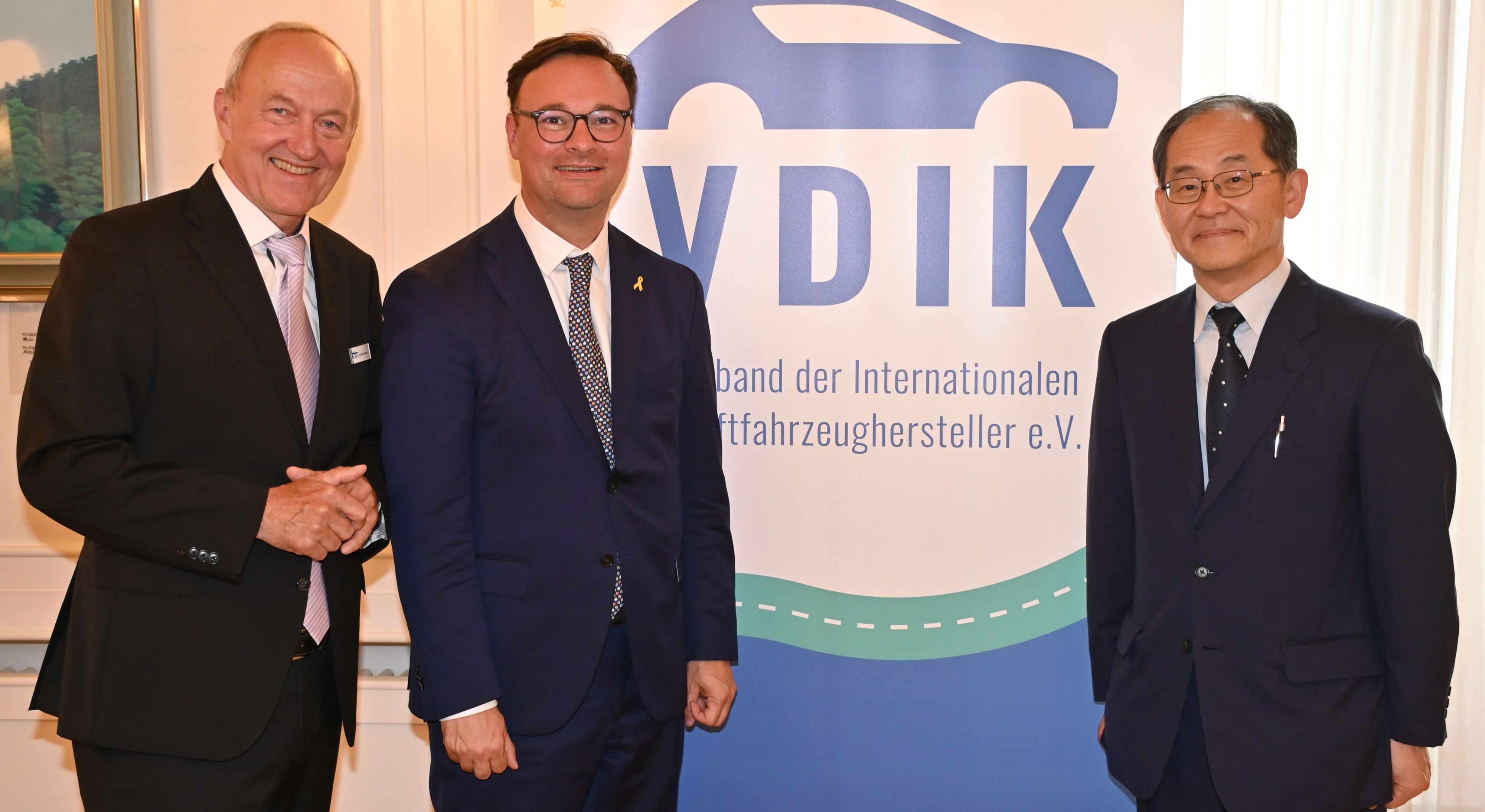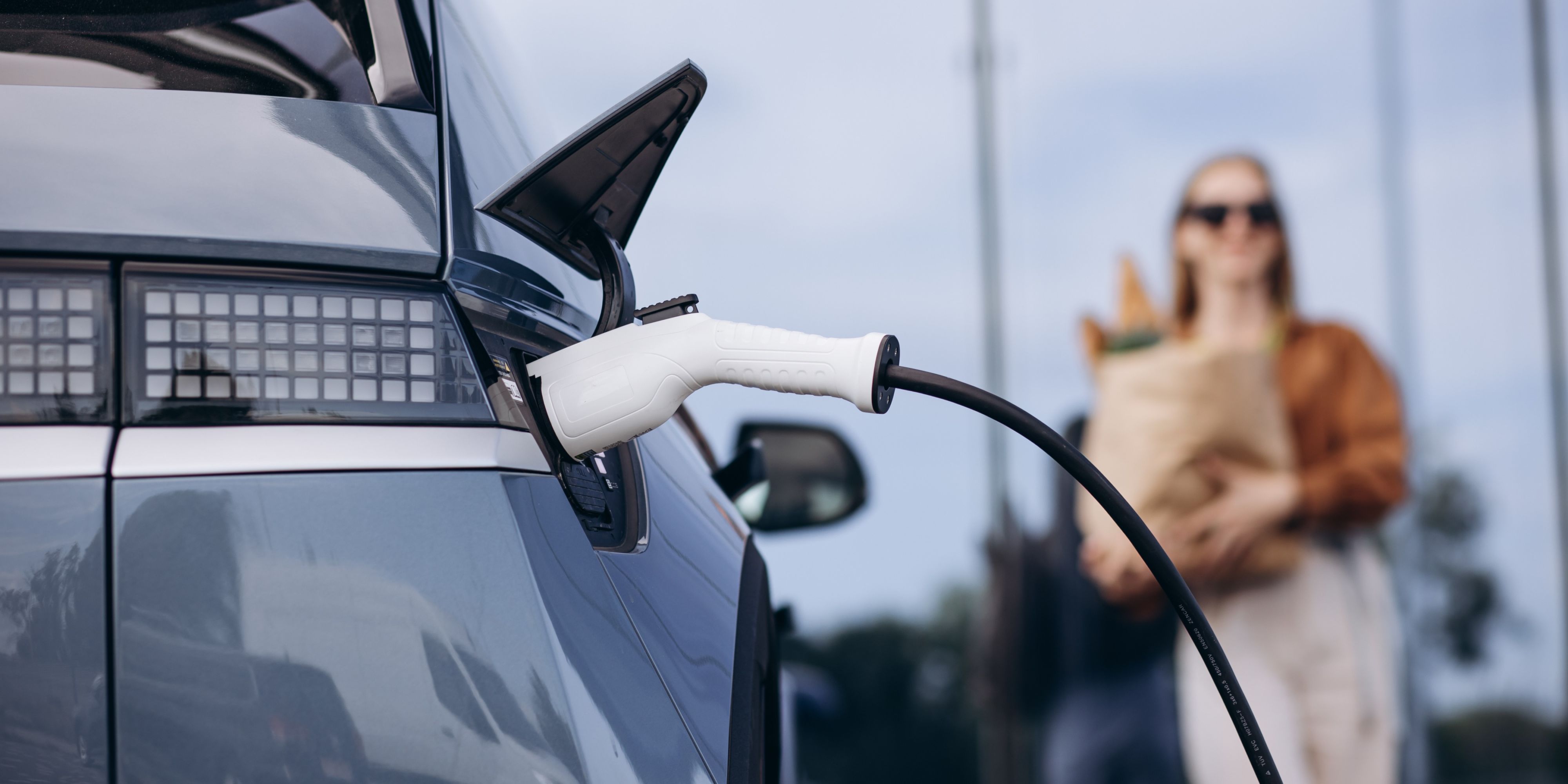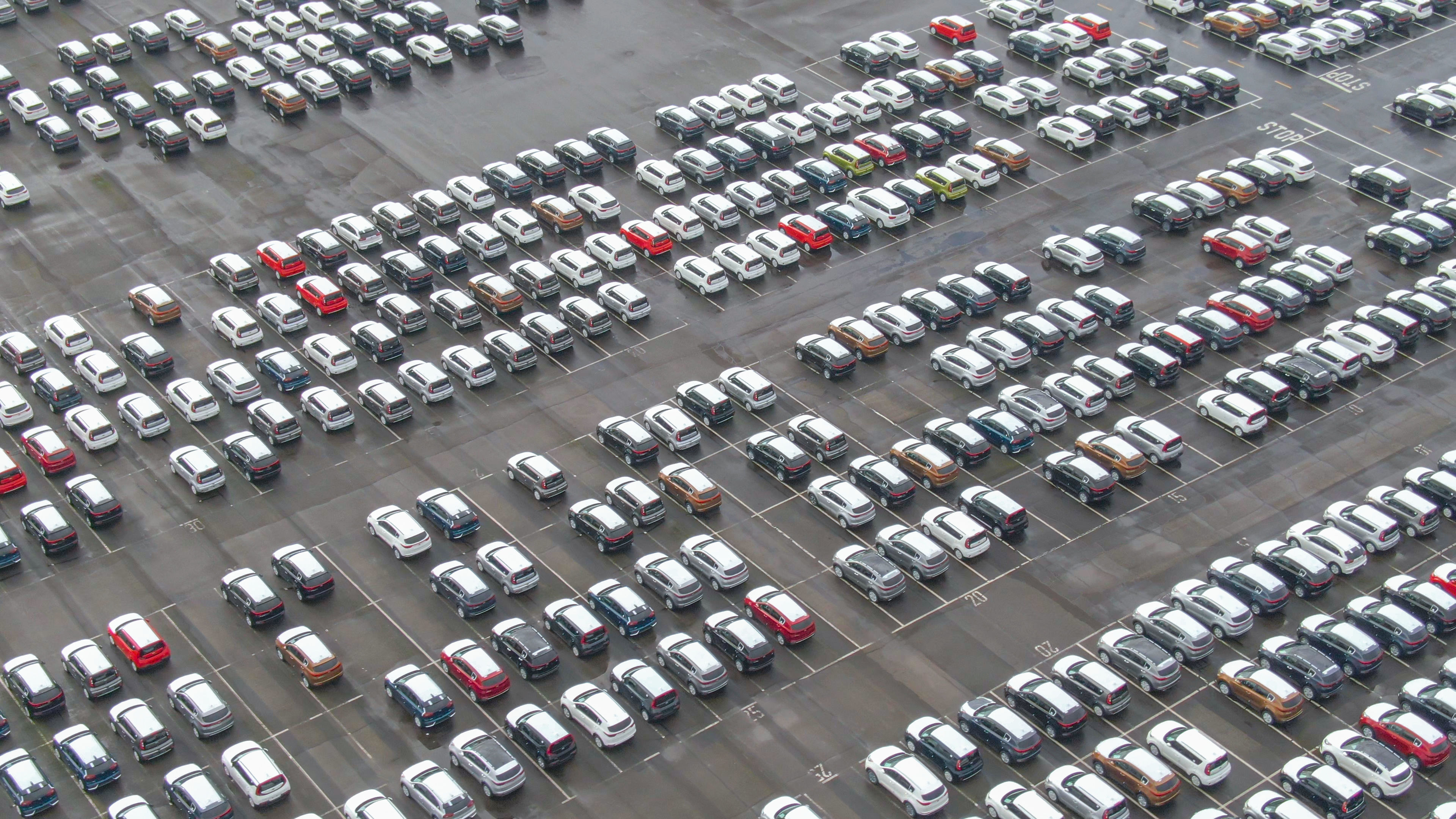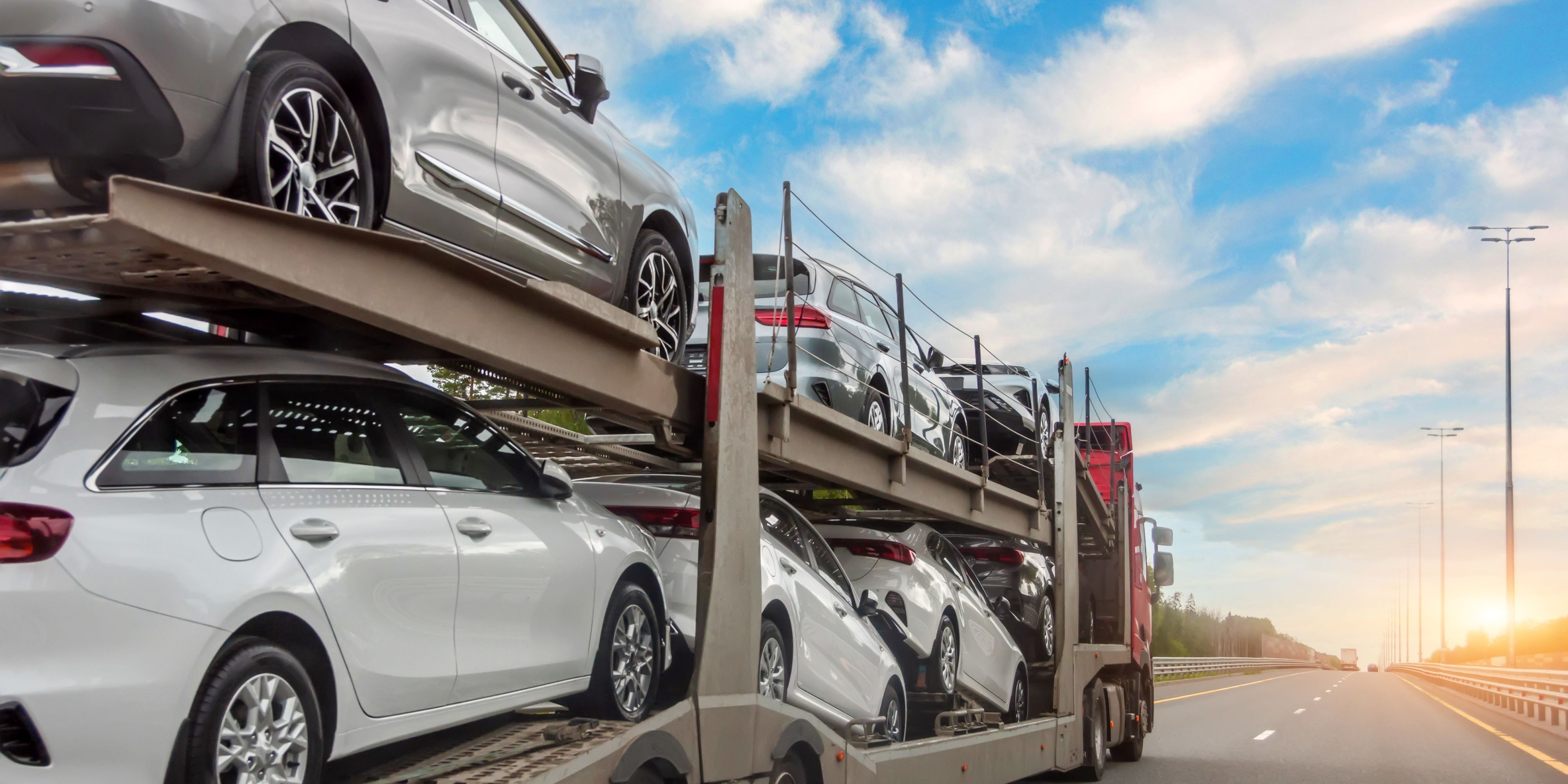“Motor vehicles enable mobility, whether in freight or passenger transport. The switch to alternative drives is of great importance in order to reconcile mobility with climate protection. A regulatory approach that is open to technology increases resilience in this context,” said Oliver Luksic, Parliamentary State Secretary to the Federal Minister of Digital Affairs and Transport, yesterday at the Berlin evening of the Association of International Motor Vehicle Manufacturers (VDIK) at the Embassy of Japan in front of around 120 guests. Luksic went on to say, “To achieve the climate targets, we want and need to keep all options open. That is why we are accelerating the ramp-up of electromobility, promoting hydrogen-powered buses and trucks and their refueling infrastructure, as well as research and production of e-fuels that can be used to register new combustion vehicles beyond 2035 and make existing fleets climate-neutral.”
Hidenao Yanagi, Ambassador of Japan to the Federal Republic of Germany, welcomed the guests and said, “As you know, the global automotive industry is in a period of great change. While the goal of becoming CO2 neutral is being pursued around the world, the automotive industry is also moving forward with the conversion to zero emissions for all new cars in Europe by 2035. To tackle such major changes as CO2 neutrality and digitalization, cooperation between countries is extremely important. In this regard, bilateral relations between Japan and Germany are currently closer than ever.” Yanagi also mentioned the German government’s initiative in the debate on CO2 emission standards for new cars, saying, “The fact that the option of using carbon-neutral e-fuels has been preserved is a welcome decision, also from the point of view of being open to technologies that are important for achieving climate goals and preserving all opportunities, including innovation.”
The Berlin evening was co-hosted for the first time by the Embassy of Japan and the VDIK. The association represents 45 brands of foreign manufacturers from a total of 13 different countries. VDIK President Reinhard Zirpel emphasized: “Our manufacturers stand for a great variety of innovative technologies. The international manufacturers thus also show that there are very different answers to the question of the powertrain of the future. Legislators must set targets, but the achievement of these targets should be left to the creativity of the manufacturers. Therefore, the European Union in particular should not close its mind to the different technological approaches.”
Images for editorial use can be found here.





